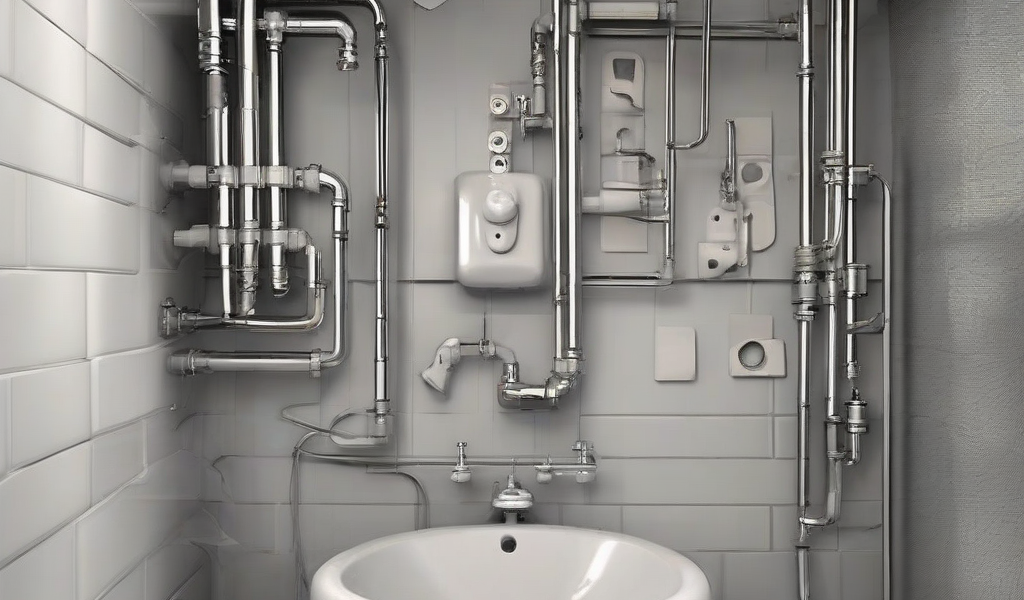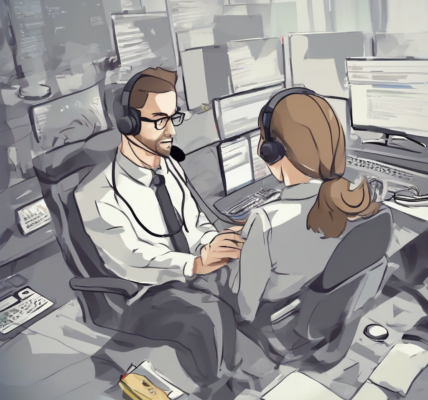Emergency Plumbing Service Near Me: Finding Help Fast
Facing a plumbing emergency? A burst pipe, overflowing toilet, or clogged drain can disrupt your life and cause significant damage. Knowing where to turn for immediate help is crucial. This guide will walk you through how to find reliable emergency plumbing services near you, what to expect, and how to prevent future plumbing nightmares.
Why Choose an Emergency Plumbing Service?
Traditional plumbers often operate during standard business hours. Emergency plumbing services, however, are available 24/7, 365 days a year. This is vital when dealing with issues that can’t wait until the morning, like:
- Burst pipes causing water damage
- Severe sewer backups flooding your home
- Gas leaks posing a serious safety hazard
- Major water heater malfunctions leaving you without hot water
- Toilet overflows creating unsanitary conditions
- Clogged drains causing significant backups
The speed and expertise of an emergency plumber can minimize damage and prevent further complications. They are equipped to handle a wide range of urgent plumbing situations, often arriving quickly with the necessary tools and parts.
Finding Reliable Emergency Plumbers Near You: A Step-by-Step Guide
Locating a trustworthy emergency plumbing service can be stressful when you’re already dealing with a plumbing crisis. Here’s a systematic approach:
1. Utilize Online Search Engines:
Start by using search engines like Google, Bing, or DuckDuckGo. Use specific keywords like “emergency plumber near me,” “24 hour plumber [your city/zip code],” or “emergency plumbing services [your neighborhood].”
2. Check Online Directories:
Websites like Yelp, Angie’s List, and HomeAdvisor provide reviews and ratings from previous customers. These platforms offer valuable insights into a plumber’s reliability, responsiveness, and pricing.
3. Leverage Social Media:
Facebook, Nextdoor, and other social media platforms can be useful for finding local recommendations. Search for groups related to your community and ask for suggestions.
4. Ask for Referrals:
Reach out to friends, family, neighbors, or coworkers. Personal referrals can provide valuable peace of mind, as you’ll be relying on the experience of someone you trust.
5. Verify Credentials and Insurance:
Before hiring any plumber, verify their licensing and insurance. A licensed plumber demonstrates competence and adherence to industry standards. Insurance protects you in case of accidental damage during the repair process.
What to Expect When Calling an Emergency Plumbing Service
When you contact an emergency plumber, be prepared to provide the following information:
- Your name and contact information
- Your address
- A detailed description of the plumbing problem
- Any relevant information, such as the age of the plumbing system
A reputable service will provide an estimated arrival time and a general idea of the cost. Be wary of plumbers who refuse to give estimates or significantly inflate prices due to the emergency nature of the situation.
Understanding Emergency Plumbing Costs
Emergency plumbing services usually charge higher rates than routine plumbing repairs. This is due to the 24/7 availability, quick response times, and often, the need for immediate action to prevent further damage. However, it’s crucial to get a clear estimate upfront to avoid unexpected surprises.
Factors affecting the cost include:
- The complexity of the problem
- The time of day or day of the week
- The materials required for the repair
- The plumber’s experience and location
Don’t hesitate to negotiate the price or request a breakdown of the costs before agreeing to any services.
Preventing Future Plumbing Emergencies
While emergencies can happen, proactive maintenance can significantly reduce the likelihood of future plumbing problems. Consider these preventative measures:
- Regularly inspect pipes for leaks or corrosion
- Schedule annual plumbing inspections by a qualified professional
- Avoid flushing inappropriate items down the toilet
- Use drain strainers to prevent clogs
- Learn how to shut off the main water supply in case of a burst pipe
- Insulate pipes in colder climates to prevent freezing
- Consider installing a water pressure regulator to prevent high pressure damage
- Monitor water usage to detect unexpected spikes that might indicate a leak
By taking these steps, you can help ensure the longevity and efficiency of your plumbing system, minimizing the risk of costly and inconvenient emergencies.
Choosing the Right Emergency Plumbing Service: Key Considerations
When faced with a plumbing emergency, selecting the right service provider is paramount. Here are some key factors to consider:
- Reputation and Reviews: Check online reviews and ratings on platforms like Yelp, Google My Business, and Angie’s List. Look for consistent positive feedback and a track record of reliability.
- Licensing and Insurance: Ensure the plumber is properly licensed and insured. This protects you from potential liabilities and ensures they meet industry standards.
- Response Time: Emergency services should boast quick response times. Inquire about their typical arrival times, particularly during peak hours or on weekends.
- Transparency in Pricing: A reputable service will provide upfront, transparent pricing, including any potential additional charges. Be wary of those who are vague or refuse to provide an estimate.
- 24/7 Availability: Verify that the service genuinely operates around the clock, not just during specific hours.
- Types of Services Offered: Check if they handle the specific plumbing emergency you’re facing. Some specialize in certain areas, like drain cleaning or water heater repair.
- Warranty on Workmanship: Inquire about warranties offered on repairs and installations. A good warranty demonstrates confidence in their work.
- Customer Service: Assess their responsiveness and professionalism when you contact them. Good customer service is essential, especially during a stressful situation.
By carefully considering these factors, you can make an informed decision and choose a reliable emergency plumbing service to address your urgent plumbing needs efficiently and effectively.
Dealing with Unprofessional or Overcharging Plumbers
Unfortunately, not all plumbing services are created equal. If you encounter unprofessional behavior or exorbitant charges, here’s how to handle the situation:
- Document everything: Keep records of all communication, including quotes, invoices, and photos of the damage.
- Report the incident: Contact your local consumer protection agency or Better Business Bureau to file a complaint.
- Leave negative reviews: Share your experience on online review platforms to warn other consumers.
- Seek legal advice: If you believe you’ve been significantly overcharged or mistreated, consult with an attorney.
Protecting yourself from unscrupulous practices is crucial. By documenting the incident and reporting it to the appropriate authorities, you can help prevent others from falling victim to similar situations.
Emergency Plumbing Prevention: A Long-Term Strategy
While emergency plumbing services offer crucial assistance during crises, a proactive approach to plumbing maintenance is a far more effective strategy. Regular maintenance can significantly reduce the risk of costly and disruptive emergencies.
This includes:
- Regular Inspections: Schedule annual professional inspections to detect potential problems early.
- Preventative Maintenance: Engage in routine checks such as inspecting pipes for leaks, checking water pressure, and ensuring proper ventilation.
- Responsible Usage: Avoid flushing inappropriate items down toilets and disposing of grease properly to prevent clogs.
- Water Heater Care: Regularly flush your water heater to remove sediment buildup and extend its lifespan.
- Pipe Insulation: Insulate exposed pipes, particularly in colder climates, to prevent freezing and bursting.
Investing in preventative measures is a long-term investment in protecting your home and your peace of mind. It’s significantly more cost-effective than repeatedly dealing with emergency plumbing repairs.




